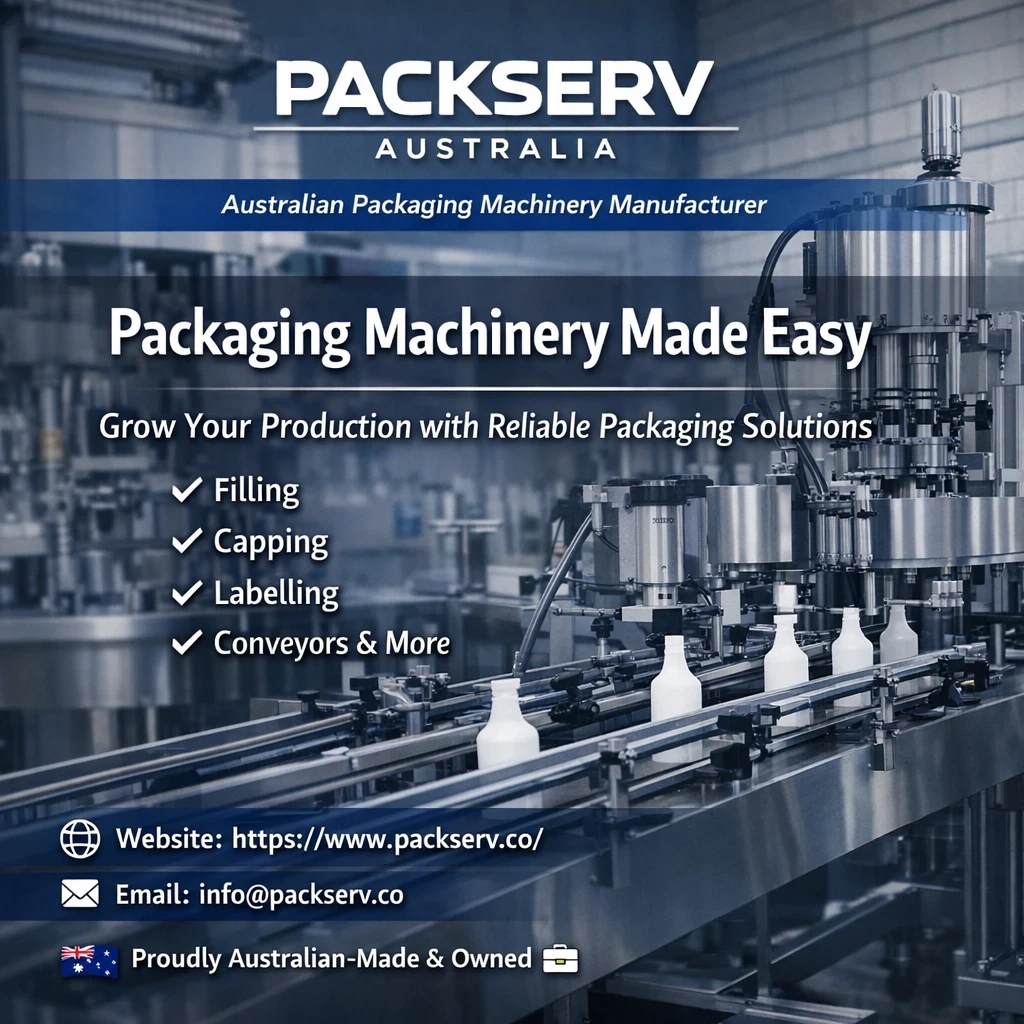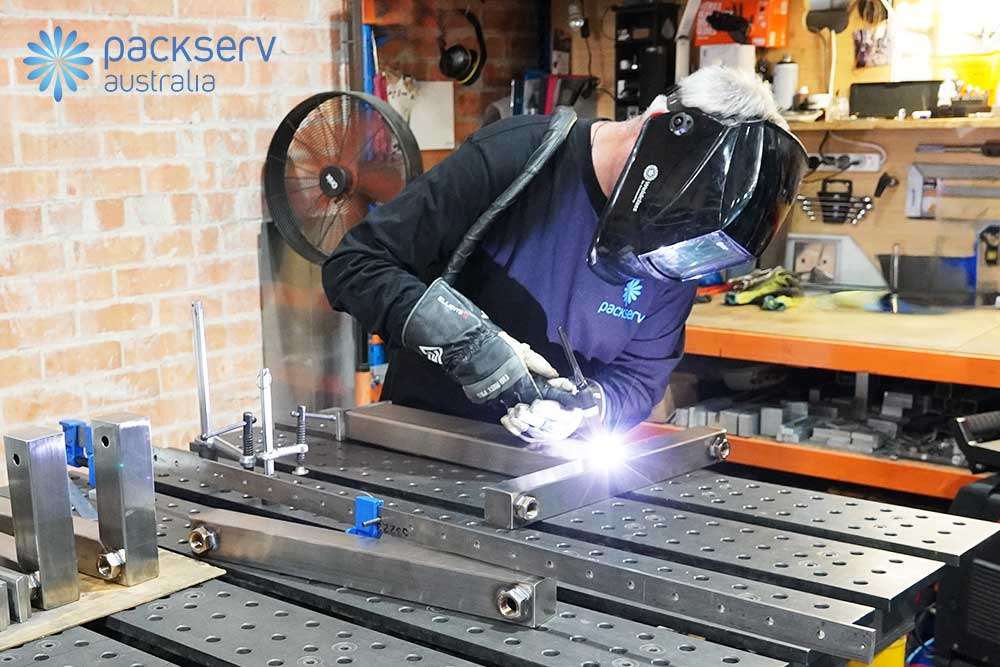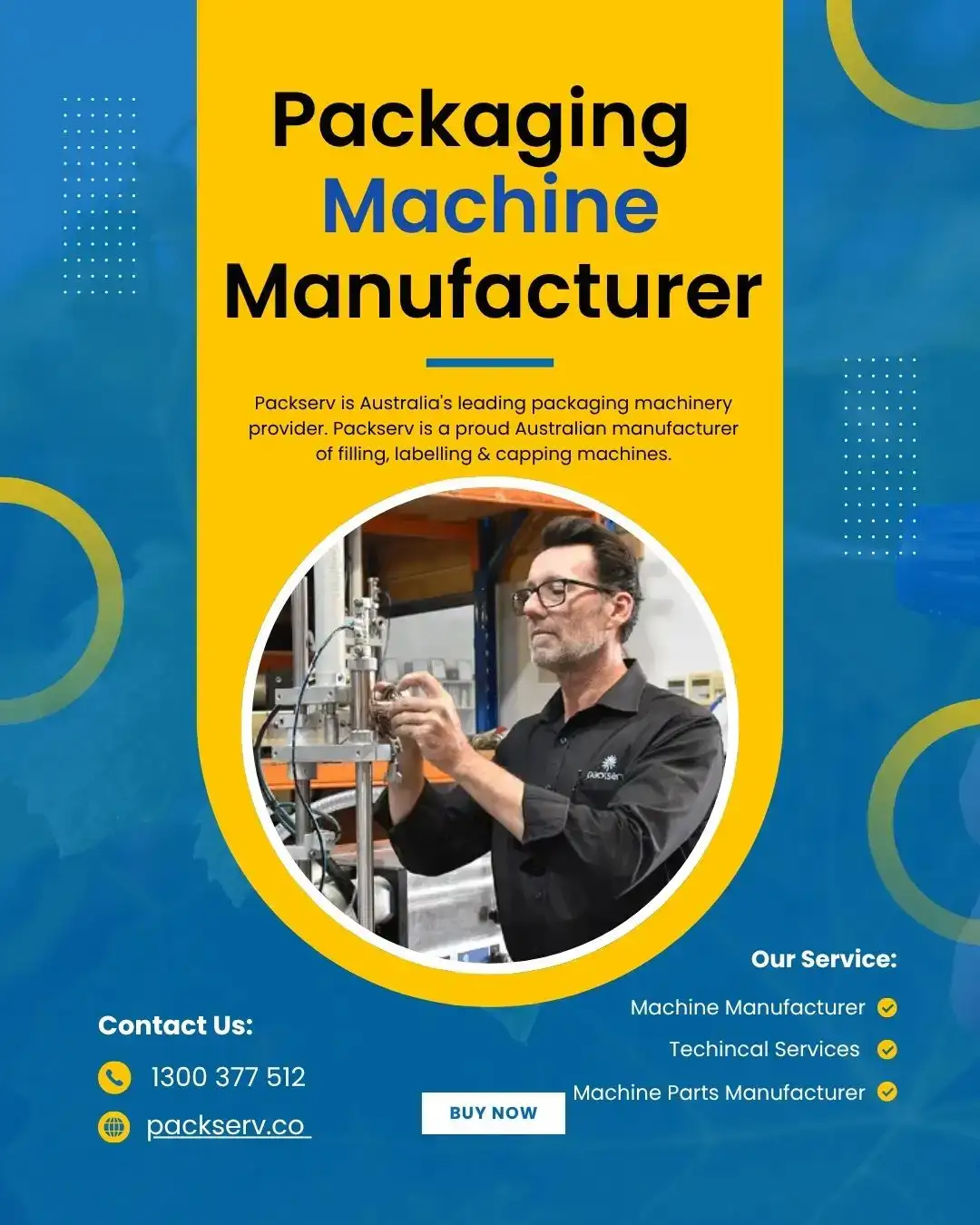The Role of Machine Sealers in Pharmaceutical Packaging
In the pharmaceutical industry, packaging plays a critical role not only in protecting products but also in ensuring compliance, maintaining sterility, and extending shelf life. One of the most essential components of this process is the machine sealer—a device designed to create secure, consistent seals for various types of pharmaceutical packaging. From blister packs to sterile pouches, machine sealers are at the heart of modern pharmaceutical packaging operations.
Ensuring Product Integrity and Safety
Pharmaceutical products must be protected from environmental factors such as moisture, air, light, and contamination. Machine sealers provide airtight and tamper-evident seals that help safeguard the contents from degradation and tampering. This is especially important for medications that are highly sensitive or have narrow therapeutic windows.
For instance, vacuum sealers are often used to remove oxygen and extend the stability of oxygen-sensitive drugs. Meanwhile, heat sealers and impulse sealers ensure that packaging materials such as foil, plastic, or laminated films are sealed with precision, reducing the risk of leaks or compromised integrity.
Meeting Regulatory and Quality Standards
The pharmaceutical industry is subject to strict regulatory standards set by authorities like the FDA (U.S. Food and Drug Administration) and TGA (Therapeutic Goods Administration in Australia). Packaging must adhere to Good Manufacturing Practices (GMP), which means every step—from filling to sealing—must be validated and consistent.
Machine sealers contribute significantly to quality assurance. Advanced models often come with temperature controls, pressure sensors, and sealing time adjustments, allowing for repeatable and validated seals across large production runs. Data logging and real-time monitoring features further help in meeting documentation requirements during audits.
Enhancing Efficiency in Production
In high-volume pharmaceutical production environments, efficiency is key. Machine sealers reduce manual labor and speed up the packaging process, ensuring that large batches of products are sealed quickly and accurately. Whether in-line with automated production lines or as stand-alone units for smaller operations, machine sealers help improve throughput while reducing human error.
Modern sealing machines also offer integration with conveyors, labelers, and inspection systems, creating a seamless workflow. This not only increases productivity but also ensures a high level of quality control with minimal downtime.
Supporting Sterile and Aseptic Packaging
Sterile packaging is crucial for many pharmaceutical products such as injectables, surgical instruments, and wound care items. Machine sealers used in these applications—often rotary or tray sealers—must meet stringent hygiene standards and be compatible with cleanroom environments.
These machines are specially designed to maintain sterility throughout the sealing process. They typically feature stainless steel construction, easy-to-clean surfaces, and contact-free mechanisms to reduce contamination risk. Seal validation is especially critical in this space, with equipment often tested for seal strength and microbial barrier performance.
Final Thoughts
Machine sealers are indispensable in the pharmaceutical packaging process. They not only enhance product safety and compliance but also streamline production and support sterile packaging environments. As the industry evolves with more complex formulations and regulatory demands, investing in high-quality machine sealers will remain a strategic priority for pharmaceutical manufacturers aiming to maintain product integrity and operational excellence.
visit our website for more details: https://www.packserv.com.au/pr....ry/machines/sealers/





